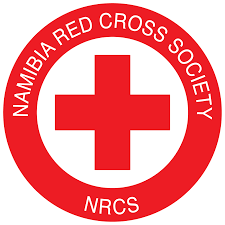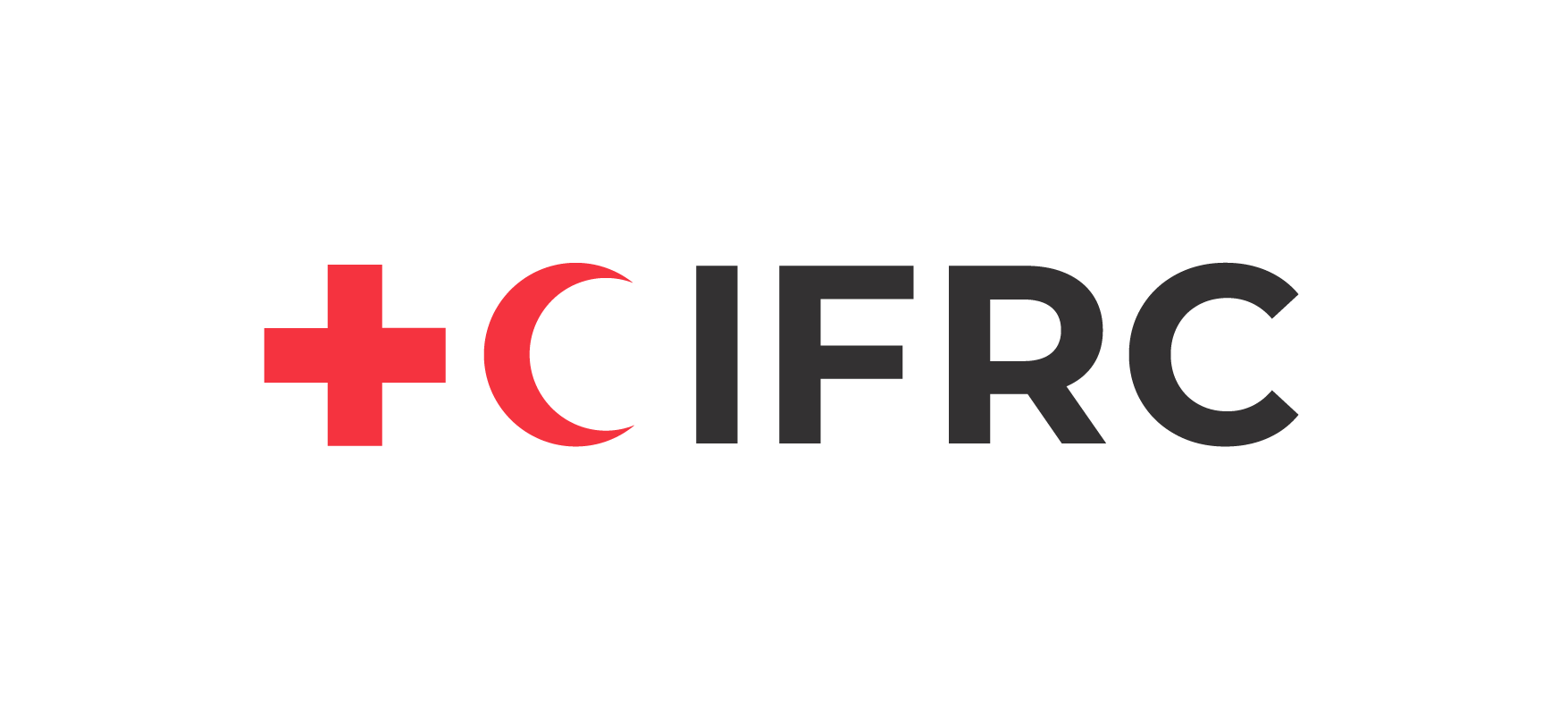
Namibia
KEY INFORMATION
National DRM Office/Agency : Directorate of Disaster Management
DRM Law : Disaster Risk Management Act 10 of 2012
DRM Regulations : Disaster Risk Management Regulations of 2013
Key soft law instruments : National Disaster Risk Management Plan (2011) , National Disaster Risk Management Policy (2009)
IDRL mapping :Legal Preparedness for International Disaster Assistance in Namibia: Mapping of Domestic Laws and Policies
For any questions relating to Disaster Law in Africa, please contact the IFRC Disaster Law Africa Team: stella.ngugi@ifrc.org.
Click on an icon to scroll down

NATIONAL SOCIETY LEGAL FACILITIES
The Namibia Red Cross Act, 1991 recognizes the auxiliary role of the National Society but does not contain specific facilities for the National Society.The National Society should be contacted directly to determine whether any legal facilities are accessible by the National Society in the country.
For support in contacting the National Society in this regard, please contact the IFRC Africa Disaster Law Team: stella.ngugi@ifrc.org.

LEGAL FACILITIES FOR INTERNATIONAL ASSISTING ACTORS
Landing rights
Namibian law makes express provision to ensure the landing rights of international disaster assisting actors. Section 52(3) of the Disaster Risk Management Act of 2012 (DRM Act) stipulates that the Prime Minister, in consultation with the Minister responsible for transport, must facilitate transportation, overflight and similar measures for disaster response.
Customs
Section 52(2) of the DRM Act exempts from customs duty donations received in kind, materials and equipment donated to the National Disaster Fund during a state of disaster to facilitate disaster response from stakeholders approved by the Prime Minister, including charitable or philanthropic organisations, and development partners. The Prime Minister in consultation with the ministers responsible for finance, must also facilitate reduced and simplified customs procedures, exemption from duties, taxes, and charges for donations of equipment and materials, including food, made during disaster situations in terms of section 52(3).
Regulation 12 of the Disaster Risk Management Regulations of 2013 (DRM Regulations) provides further details on the procedure, providing that a donor must within 48 hours prior to the arrival of the disaster relief item donated, furnish the Prime Minister with a list of items to be donated, and the Director must ensure that a copy of the list is submitted to the Minister responsible for finance for exemption from customs excise duty. In addition, the person receiving donated disaster relief items at a point of entry must ensure that the items donated correspond with the list of items submitted.
It is also worth noting that in terms of Item 412.11 of Schedule 4 to the Customs and Excise Act of 1998, goods imported for the relief of distress of persons in cases of famine or other national disaster, or under any technical assistance agreement, or in terms of an obligation under any multilateral international agreement to which Namibia is a party are admitted subject to a rebate of any customs duties, subject to a certificate issued by the Permanent Secretary: Trade and Industry.
Immigration
Section 52(3)(a) of the DRM Act provides that the Prime Minister, in consultation with the Minister responsible for immigration, must facilitate the entry and operation of international relief personnel and experts, including the expeditious granting of visas and waiver of work permits for relief personnel and experts. The DRM Regulations provide further detail in this regard, providing in regulation 13 that:
1. A state or international organisation that provides international relief personnel or experts must, within 72 hours prior to the arrival of the international relief personnel or experts, provide the Prime Minister with;
- Full particulars of the international relief personnel or experts;
- Letter of appointment of the international relief personnel or experts;
- Passport details of the disaster relief personnel or experts.
2. The Director must ensure that;
- Details referred to in sub-regulation are furnished to the Minister responsible for immigration to facilitate the entry of the international relief personnel or experts, including the expeditious granting of visas and waiver of work permits.
- Arrangements are in place for the transportation of international disaster relief personnel or experts as well as disaster relief items donated.
3. The entry and operation of international relief personnel or experts, the granting of visas and waiver of work permits for relief personnel and experts must be made in terms of the Immigration Control Act, 1993 (Act No. 7 of 1993).
4. The international community, civil society organisations, and non-governmental organisations may act as disaster relief organisations under the supervision of the disaster institutions.
In addition, the Prime Minister, in consultation with the Minister responsible for finance, must facilitate reduced and simplified customs procedures, exemption from duties, taxes and charges for the possessions of relief personnel.
Taxation
Section 52(3)(b) of the DRM Act provides that the Prime Minister, in consultation with the Minister responsible for finance, must facilitate the exemption from taxes and charges for donations of equipment and materials, including food, made during disaster situations.
In addition, in terms of Item 412.11 of Schedule V read with section 13 of the Value Added Tax Act of 2000, goods imported for the relief of distress of persons in cases of famine or other national disaster, or under any technical assistance agreement, or in terms of an obligation under any multilateral international agreement to which Namibia is a party, are exempt from VAT.
Freedom of movement
There do not appear to be any provisions in Namibian law which explicitly ensure the freedom of movement of international assisting actors during a disaster response. However, the DRM Regulations provide that international assisting actors may act as disaster relief organisations under the supervision of the disaster institutions. This indicates that such actors may enjoy freedom of movement under the supervision of the national disaster institutions.
For further information, refer to Legal Preparedness for International Disaster Assistance in Namibia: Mapping of Domestic Laws and Policies which identifies the sectoral laws generally applicable to various aspects of international disaster relief in Namibia and examines whether there are any provisions which may indirectly facilitate international disaster assistance or contact the IFRC Africa Disaster Law Team: stella.ngugi@ifrc.org.

IFRC CUSTOMS PROCEDURES
Global Humanitarian Services and Supply Chain Management resources and tools for the IFRC are available on FedNet and may be accessed here.

IDRL INSTRUMENTS
IFRC Disaster Law is globally recognized as a leader in International Disaster Response Law (IDRL), and has developed a suite of tools to support the development of laws and policies which mitigate the common regulatory barriers which arise in international disaster response operations:
The Guidelines for the Domestic Facilitation and Regulation of International Disaster Relief and Initial Recovery Assistance (IDRL Guidelines).
The Model Act for the Facilitation and Regulation of International Disaster Relief and Initial Recovery Assistance (IDRL Model Act).
The Model Emergency Decree for the Facilitation and Regulation of International Disaster Relief and Initial Recovery Assistance (IDRL Model Emergency Decree).
The Checklist on the Facilitation and Regulation of International Disaster Relief and Initial Recovery Assistance (IDRL Checklist).

